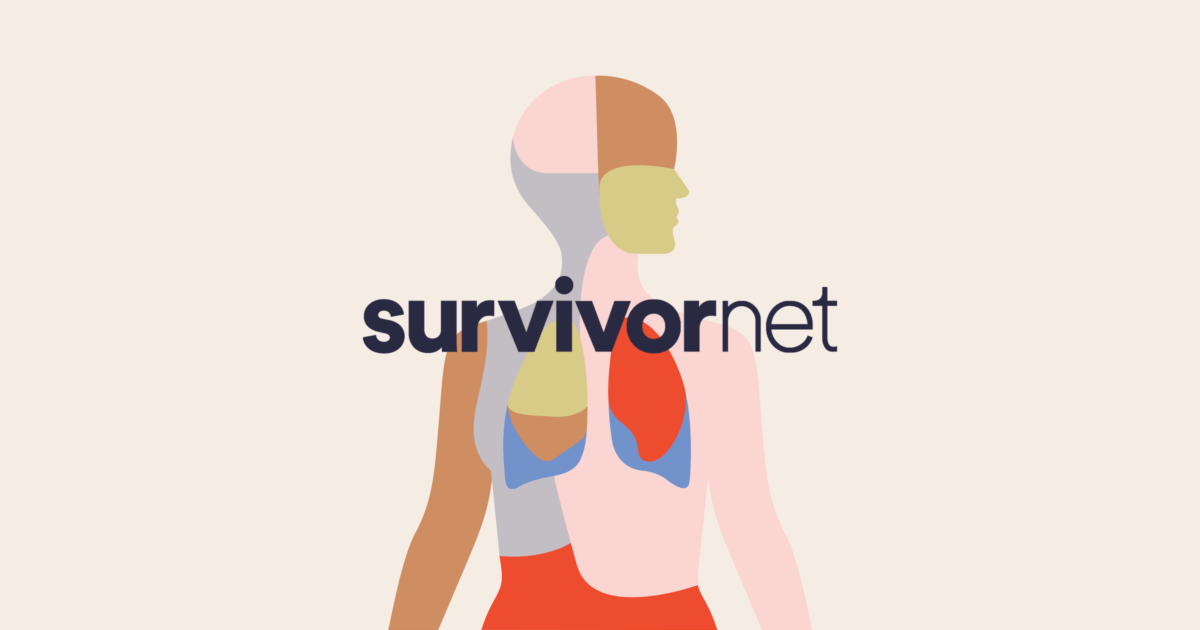
Treating Late-Stage Breast Cancer
Stage IV, or metastatic breast cancer, is the hardest type of cancer to treat. Metastatic means the cancer has spread beyond the breast to other parts of the body.
Though it can be scary to find that you have a late-stage cancer, new treatments have improved the outlook for stage IV cancer, according to the leading medical experts SurvivorNet consulted. These new treatments are increasing the lifespan of women with metastatic disease.
Dr. Comen overviews the many options for treating advanced breast cancer.
For women with HER2-positive breast cancer, meaning they have high levels of a protein called HER2 on the surface of their cancer cells, targeted treatments are available. The drugs trastuzumab (Herceptin) and pertuzumab (Perjeta) have transformed the outlook for some women with late-stage breast cancers. These therapies, which are often combined with chemo, are very effective at controlling breast cancer once it has spread.
Another big advancement has come in the treatment of triple-negative breast cancer. This has historically been one of the most aggressive and hardest to treat forms of the disease, because it lacks any of the main drivers of breast cancer–the estrogen receptor, the progesterone receptor, and the HER2 receptor–and it doesn’t respond to treatments that target these receptors.
Now, in addition to chemotherapy, immunotherapy has been approved to treat triple-negative breast cancer. In studies, this new therapy has been shown to extend the lives of women with this type of cancer.
How immunotherapy could dramatically improve outcomes for some women with breast cancer, explains Dr. Sylvia Adams of NYU Langone Cancer.
For postmenopausal women with hormone-receptor-positive and HER2-negative breast cancers, a newer class of drugs called CDK4/6 inhibitors are available. These drugs have been shown to improve survival in some women with metastatic cancer.
Medical oncologist Dr. Erica Mayer explains how CDK4/6 inhibitors treat hormone-receptor-positive breast cancers.
Although a breast cancer diagnosis is never easy, some women describe it as a wake-up call that actually helped them improve their lives, by allowing them to focus on what matters most and practice better self-care. Taking good care of yourself by exercising, eating right, and limiting alcohol intake will help to ensure that you stay healthy and cancer-free once your treatment ends.
"breast" - Google News
August 20, 2020 at 12:49AM
https://ift.tt/34gcLPN
Guide to Breast Cancer: Overview - SurvivorNet
"breast" - Google News
https://ift.tt/2ImtPYC
https://ift.tt/2Wle22m
Bagikan Berita Ini














0 Response to "Guide to Breast Cancer: Overview - SurvivorNet"
Post a Comment